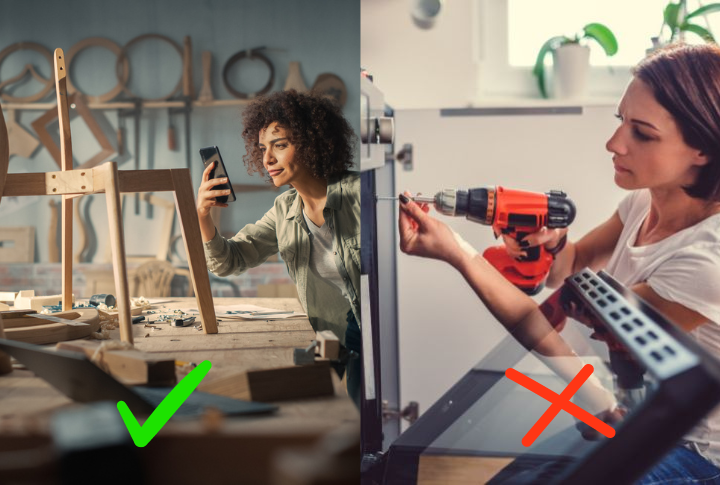
Thinking about tackling some home repairs yourself? Before you grab your toolbox, know this: some DIY projects aren’t just risky—they’re unlawful . For instance, faulty wiring causes nearly 50,000 house fires annually. From electrical work to gas line repairs, these tasks require licensed professionals to ensure safety and compliance with local laws.
Let’s explore the 15 DIY jobs that might get you into trouble—read on to find out more!
Electrical Wiring

Electrical wiring repairs without professional help can lead to severe hazards like fires or electric shocks. Hiring a licensed electrician ensures that the repairs meet safety standards and local codes. Their expertise prevents dangerous mistakes that DIY attempts might overlook.
Gas Line Repairs
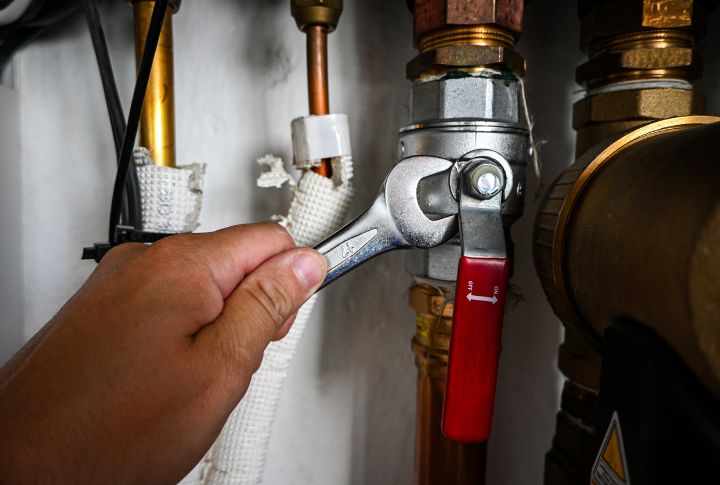
Gas line repairs involve high risks, including potential explosions and health hazards from leaks. A certified technician is equipped to handle these repairs safely and lawfully. Attempting repairs yourself can result in severe safety issues and legal repercussions.
Major Plumbing Work
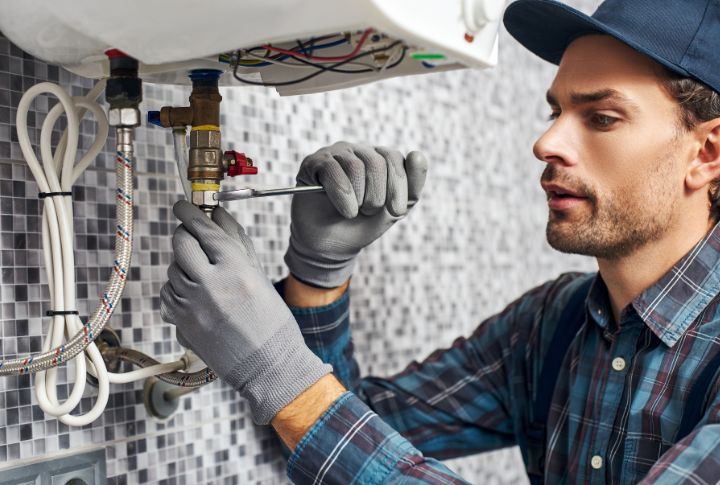
For significant plumbing issues, professional assistance is crucial. DIY repairs might not address the underlying problems and could lead to major water damage. A licensed plumber has the skills to ensure repairs are done correctly and comply with plumbing codes.
Structural Changes
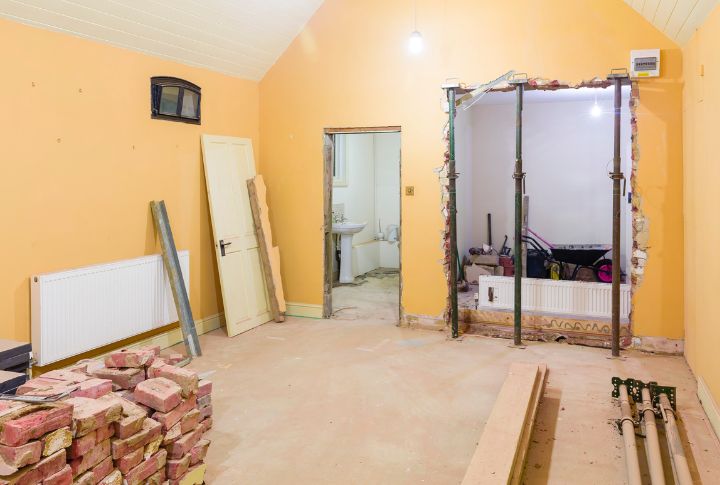
Making structural changes, such as altering load-bearing walls, requires expert assessment. These modifications affect your home’s safety and stability. Consult a structural engineer to ensure changes are done safely and adhere to all relevant building regulations.
Roof Replacement
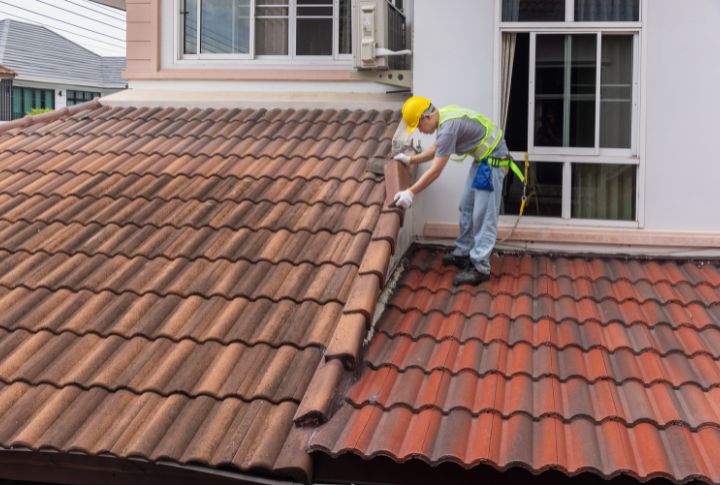
Replacing a roof is complex and involves technical skills to ensure proper installation. Professionals handle this work effectively, ensuring compliance with building codes and preventing issues like leaks or inadequate insulation. DIY roofing can lead to costly and dangerous errors.
Asbestos Removal
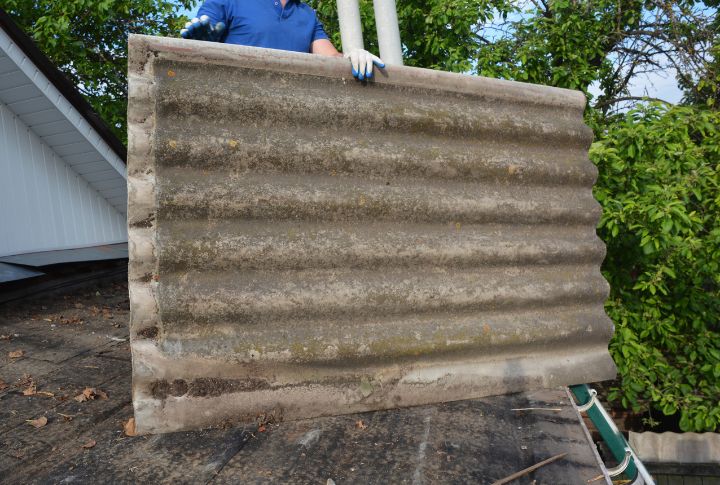
Handling asbestos requires specialized knowledge due to its health risks. Certified professionals safely remove asbestos and handle it according to regulations, reducing the risk of harmful exposure. DIY removal is unsafe and often ineffective.
HVAC System Repairs
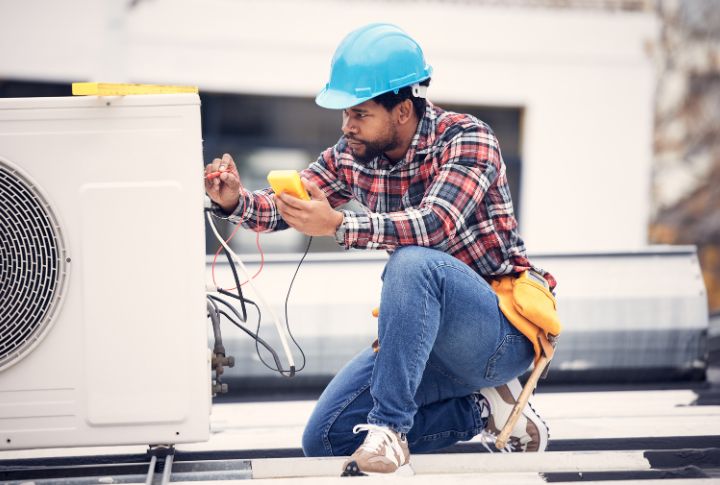
HVAC systems are intricate and need expert repairs for optimal performance. Licensed technicians ensure that repairs are performed according to safety standards and local codes. Without professional intervention, you risk inefficiencies and potential safety issues.
Window Installation
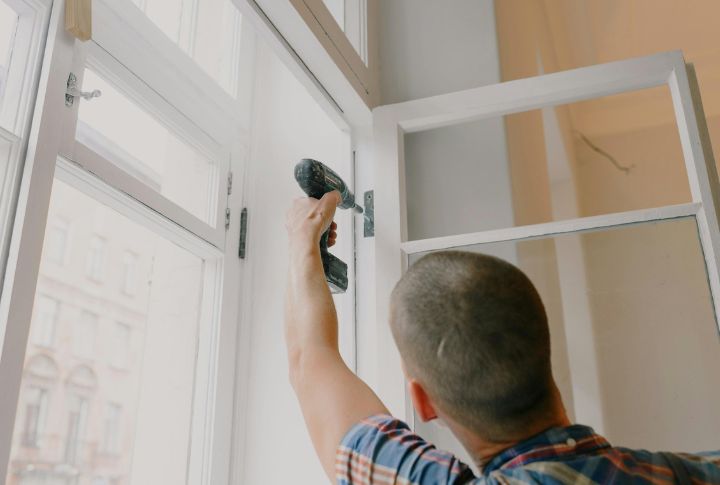
Installing or replacing windows involves adherence to specific codes and permits. Professionals ensure that windows are installed correctly, avoiding problems like leaks and poor energy efficiency. DIY installations may not meet regulatory standards or perform effectively.
Foundation Repairs
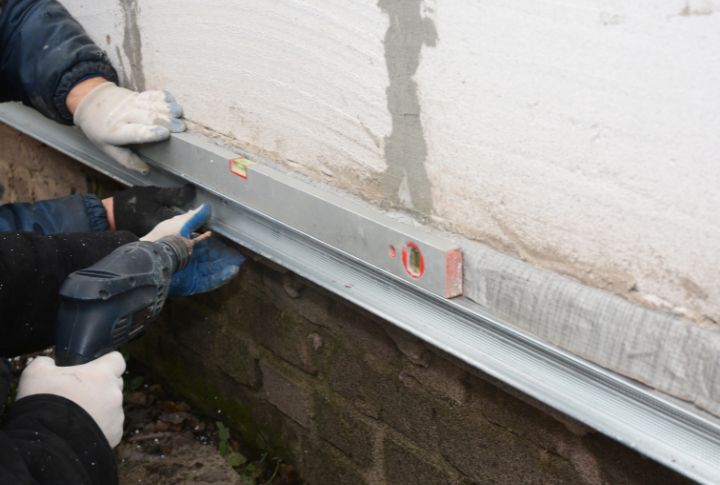
Foundation repairs are critical for maintaining home stability. Professional assessment and repair are necessary to address and prevent further damage. DIY attempts can exacerbate issues and compromise the safety and value of your property.
Mold Remediation
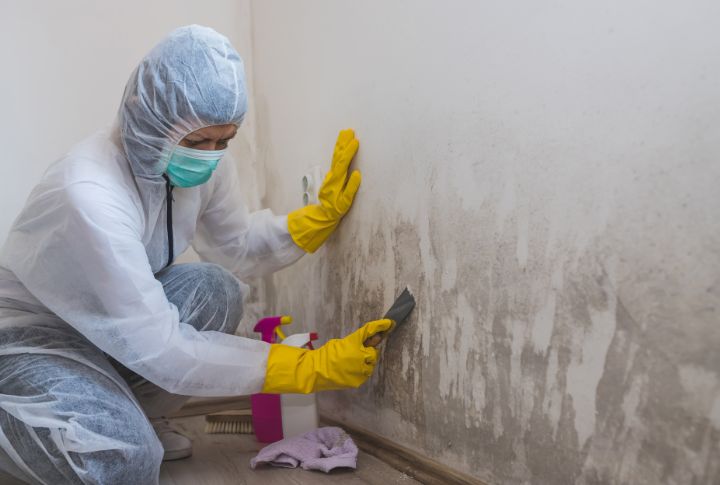
Effective mold removal requires specialized equipment and techniques to ensure complete eradication. Professionals handle mold issues thoroughly and safely, addressing health concerns that DIY methods might miss. Proper remediation is essential for maintaining a healthy environment.
Pest Control
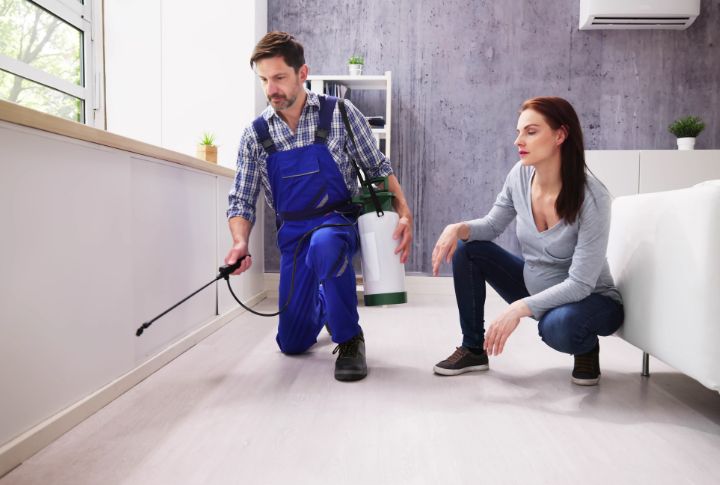
Severe pest infestations often require professional treatment. Experts use advanced methods to eliminate pests and prevent reoccurrence, offering a more effective solution than DIY approaches. Professional pest control ensures comprehensive and long-lasting results.
Deck Construction
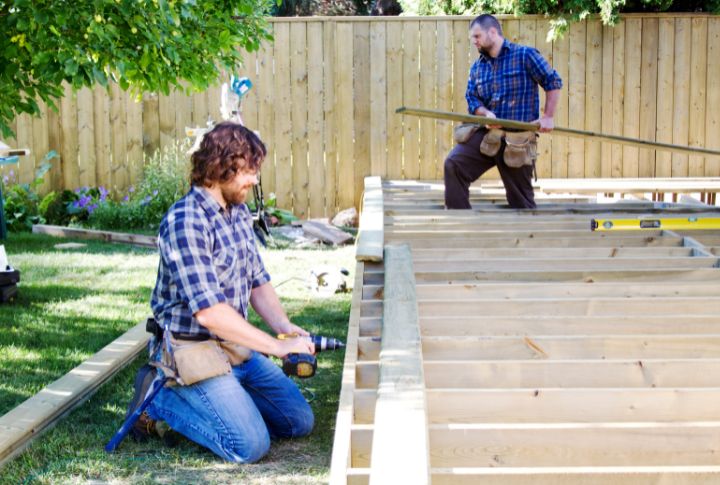
Constructing a deck involves understanding building codes and obtaining permits. Professionals ensure that your deck is built safely and complies with all regulations, avoiding potential safety hazards and issues associated with DIY projects.
Insulation Installation
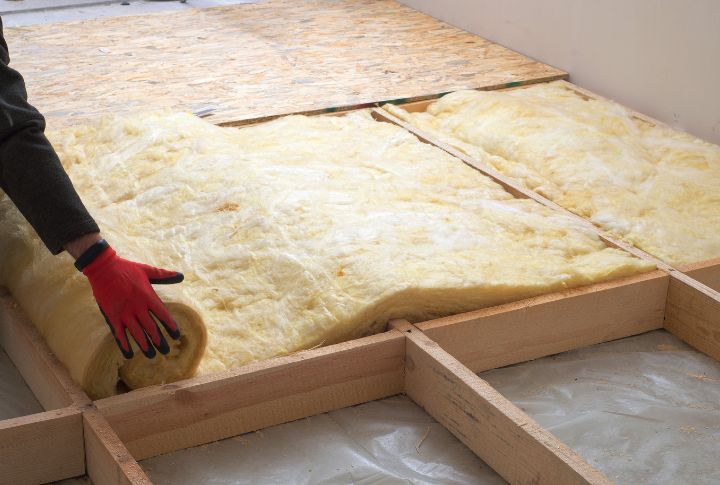
Proper insulation installation enhances energy efficiency and comfort. Professionals follow building codes to ensure effective installation, whereas DIY efforts might lead to inefficiencies and non-compliance with regulations. Expert installation is key to achieving optimal performance.
Septic System Repairs
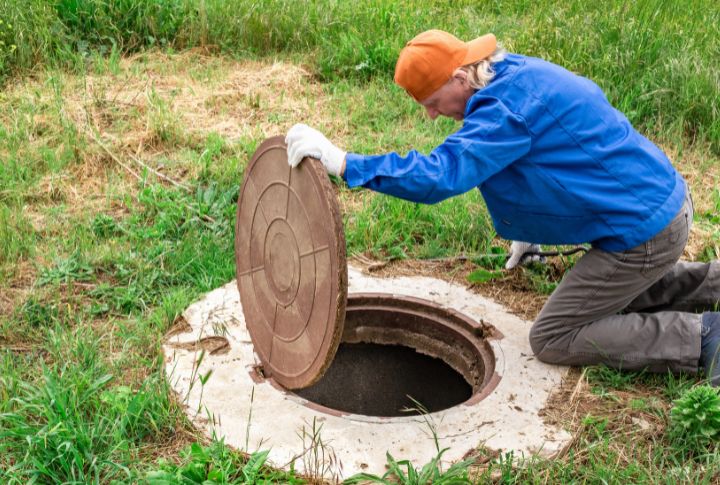
Repairs to septic systems are regulated to protect the environment. Licensed professionals ensure that repairs are performed safely and in compliance with health regulations. DIY repairs can result in environmental contamination and significant property damage.
Swimming Pool Installation
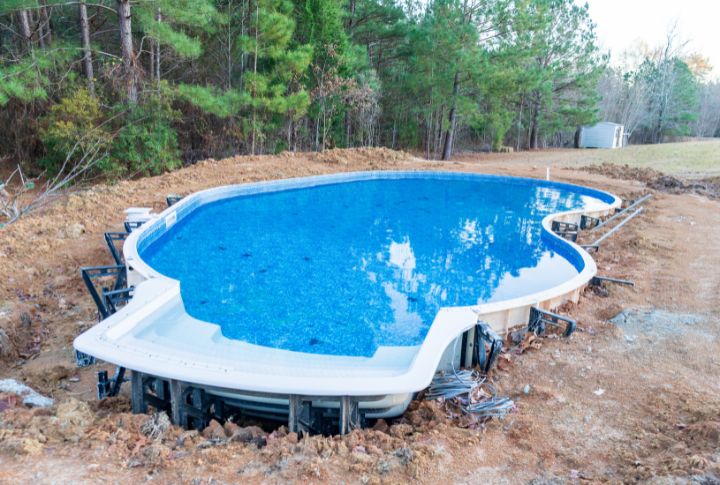
Installing a swimming pool involves complex tasks and adherence to strict codes. Professional contractors manage all aspects of installation, ensuring safety and compliance. DIY pool installations can lead to dangerous errors and legal complications.

